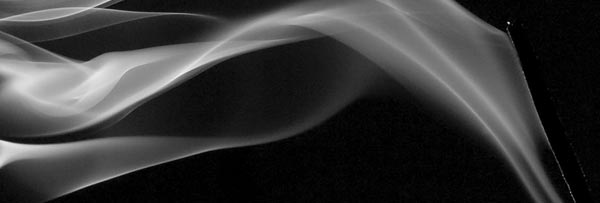Press Release
Bill to Reduce Toxic Fumes Across Surgical Settings Passes Final Hurdle, Headed to Gov. Desk

Second CNA-Sponsored Bill to Win Legislative Approval
Legislation that would require the state to adopt rules to reduce toxic airborne contaminants, also known as “surgical plumes,” is headed to the desk of California Gov. Jerry Brown.
AB 2272, authored by Assembly member Tony Thurmond, and sponsored by the California Nurses Association/National Nurses United, won final approval in the California Assembly Tuesday on a 44-24 vote.
Surgical plumes are the smoke byproduct of laser or electro surgical procedures that emanate from the removal or burning (cauterization) of human tissue in various medical procedures in hospital operating rooms or surgery centers.
The microscopic gases, plumes, typically contain infectious chemicals or biological particles that can cause cancer, viral infections leading to acute or chronic pulmonary or skin disorders, including pneumonia, asthma, and other health hazards to the patient and all medical personnel in the room.
Nationally the Occupational Safety and Health Administration estimates 500,000 workers are exposed to the fumes every year.
AB 2272 would direct California’s Occupational Safety and Health Standards Board to come up with a standard to evacuate the plumes.
‘Observation’ status bill
AB 2272 is the second CNA-sponsored bill to improve patient protections and workplace safety that is now headed to the governor’s desk.
SB 1076, by Sen. Ed Hernandez of West Covina, to enact new protections for hospital patients warehoused in “observation status” with fewer standards accorded other patients, passed its final legislative hurdle last week.
“Use of ‘observation’ status, under which a patient can be held for hours or days with less regulatory oversight and fewer protections, puts patients at health and financial risk, nurses say.
SB 1076 would extend protections for “observation” patients that are provided to other patients in the hospital setting.
Additionally, patients held under “observation” for the entire duration of their hospital stay who are then discharged to a nursing home or other long term care facility do not qualify for the same Medicare reimbursement, and can face mammoth out-of-pocket costs.
SB 1076 clarifies that observation units must meet the same staffing standards as emergency rooms, along with various other protections for patients.
“All too often, patients are kept overnight in the hospital without ever being admitted," said Sen. Hernandez. “Under SB 1076, patients will be notified if they are on observation status, which may affect their insurance coverage. Additionally, SB 1076 will ensure that patients who are in observation care get the same level of nurse staffing as any other patient in the hospital."